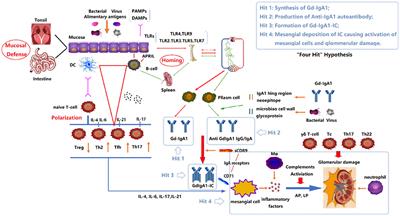EDITORIAL
Published on 11 Feb 2021
Editorial: Immune Regulation in Kidney Diseases: Importance, Mechanism and Translation
doi 10.3389/fmed.2021.616880
- 2,028 views
22k
Total downloads
84k
Total views and downloads
EDITORIAL
Published on 11 Feb 2021
ORIGINAL RESEARCH
Published on 25 Nov 2020
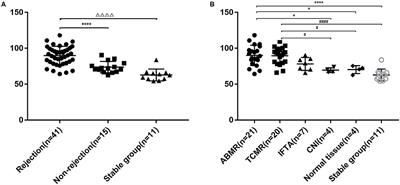
CASE REPORT
Published on 23 Sep 2020

ORIGINAL RESEARCH
Published on 10 Jul 2020
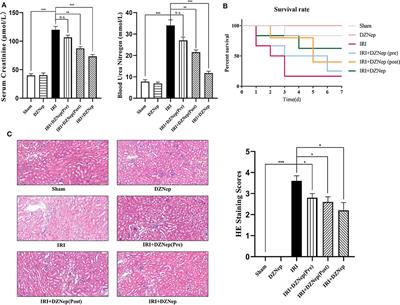
ORIGINAL RESEARCH
Published on 05 Jun 2020
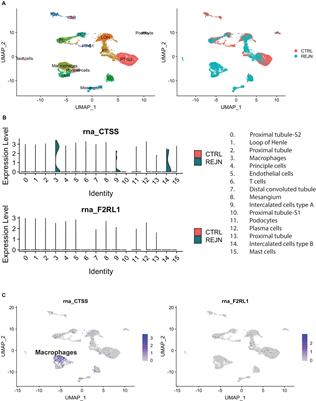
ORIGINAL RESEARCH
Published on 02 Jun 2020
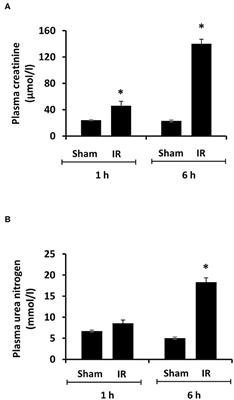
ORIGINAL RESEARCH
Published on 08 May 2020

ORIGINAL RESEARCH
Published on 06 May 2020
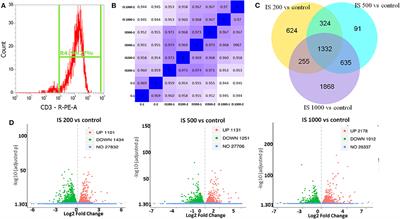
CASE REPORT
Published on 28 Apr 2020
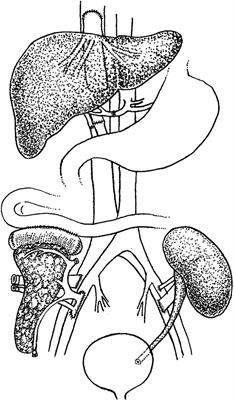
ORIGINAL RESEARCH
Published on 28 Apr 2020
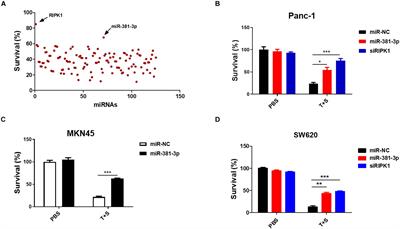
ORIGINAL RESEARCH
Published on 27 Mar 2020
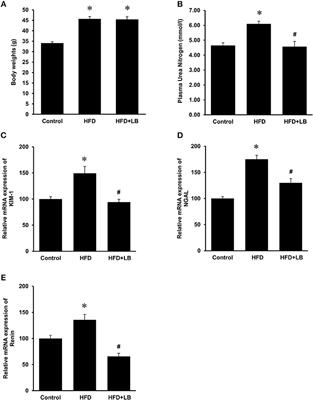
REVIEW
Published on 24 Mar 2020
